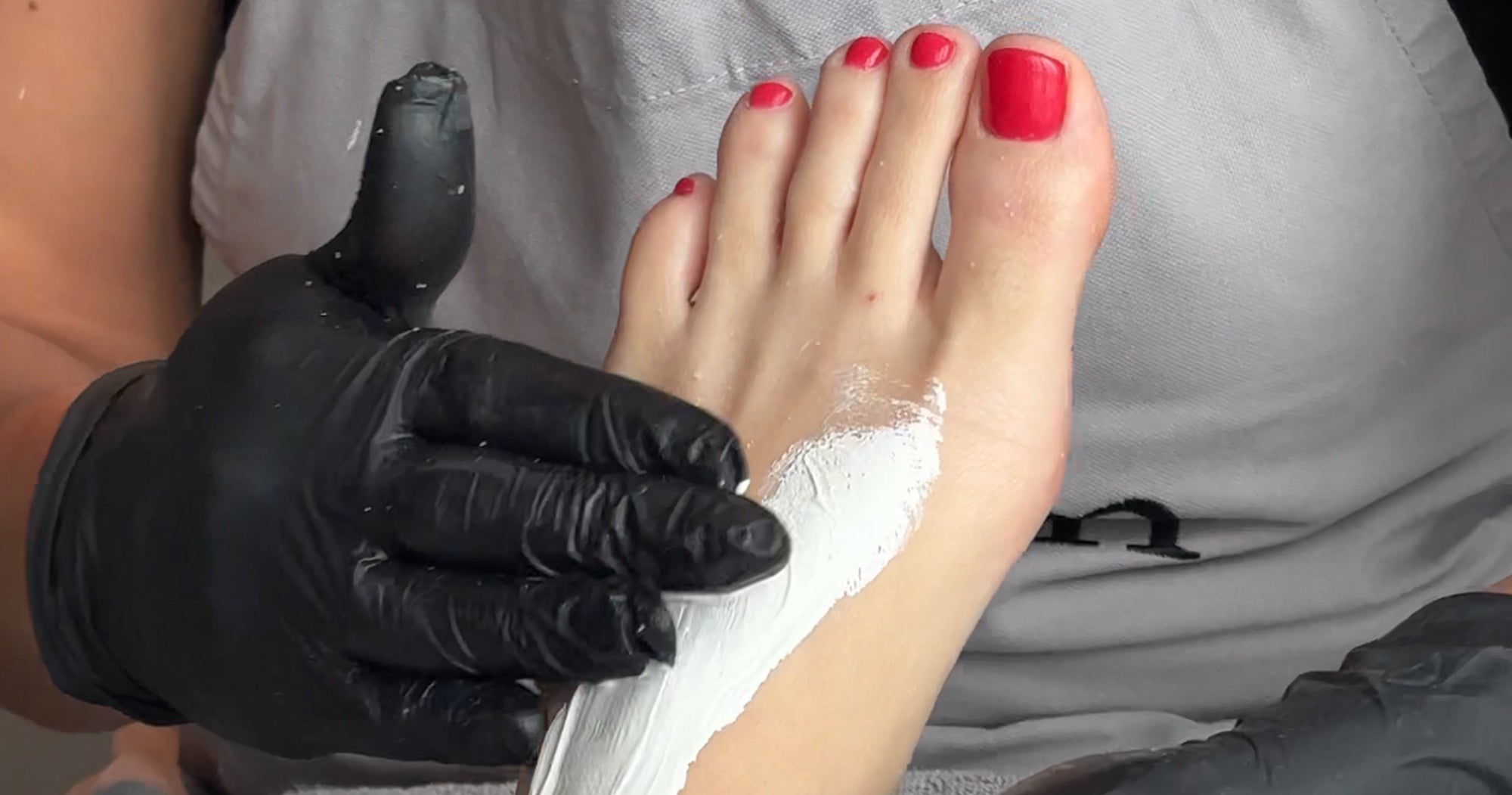Illustration by Rania Abdallah
First Person is a daily personal piece submitted by readers. Have a story to tell? See our guidelines at tgam.ca/essayguide.
My partner and I were set to drive with our one-year-old baby down to MerleFest, a folk festival in North Carolina. We would hug the road along Lake Erie, weave through the hills of West Virginia belting Take Me Home, Country Roads, ride our campervan over the Blue Ridge mountain range and land deep into the heart of the lush Appalachian valley of folklore and folk music. And ultimately, to Wilkesboro, N.C.
But that was before all the 51st state talk coming from the White House.
Our tickets were non-refundable, though. And we really wanted to see our favourite artists: one Canadian, one American. Apparently that’s all it took for me to waiver, but friends and family did not take kindly to our decision.
“You’re going to the States?” “You should seriously reconsider.” “They’re going to detain you at the border!” That last one was my dad, a Vietnam War resister who has not stepped over the border since Trump was re-elected. Growing up, crossing the border to see family was already tense, and he could not fathom us doing it given the political conditions.
So we flew from our home in Toronto. Our logic was, if they give us trouble at the airport’s pre-clearance border desk, we were still in Canada.
Canadians go elbows up on U.S. travel, opting for these destinations instead
I couldn’t be happier we did. I challenged myself to go there with an open mind – almost in spite – and I was greeted with an open heart.
The one rule my partner had imposed on me was no talking politics. But that went out the window our first day.
We had climbed up to view the hillside stage, showing us the plunging cleavage of the Carolinian hills.
We sat down to hear our first favourite Canadian singer, the smooth bellows of William Prince, hailing from Manitoba and Peguis First Nation. Halfway through his set, I heard the woman beside me say, “I have to tell my sister how he sounds just as good in person as he does on the radio!”
“He’s so good, eh?” I said, dropping any pretention that conversations are private when you’re sharing music together. “Oh my goodness, you’re Canadian!” she almost screamed at me. I laughed, realizing what expression gave me away. Her husband chimed in, hand over heart with a, “he’s not my President … I have no idea why he’s going after Canada. None of us do … What has Canada ever done? You’re harmless.” I glanced back at my partner like, how can I not? And we talked about everything from politics to butter tarts and peameal bacon.
I felt like I could breathe out. I had broached the subject of politics and no guns were drawn – only peace flags.
Later we spotted an infamous red hat but this time it read: “Canada is not for sale.”
Despite our better judgment, we kept our toddler up the first night of the festival to see the inimitable Bonnie Raitt, who, when introducing her keyboardist, said he was “from Canada and will stay Canada.” The crowd erupted in cheers.
Every time someone local heard we were from Canada, they were humbled we attended their beloved folk festival. MerleFest is one of the largest in the United States. And its mascot was none other than Toronto’s favourite masked bandit, a raccoon.
I’m not saying all those thousands of concertgoers were on the same political page but the lush green of the Carolinian trees reminded me of home; and many of our fellow attendees reminded me that perhaps we’re not all that different.
Ditching your U.S. travel plans? Here’s how much a staycation will cost you
Those who played with our toddler, the couple who within an hour of meeting us invited us to stay with them next year. There were just happy to share music with us and didn’t care that our passport said something different. In fact, every time they heard they were from Canada, all of them gushed about the lullaby-like trance of William Prince’s voice. He is perhaps one of our greatest exports.
As the daughter of a Vietnam War resister who fled the States to Canada, I know how thunderous borders can be. I am not naive to those realities or threats. And I respect why my dad will never step foot in the U.S. while it’s under the current regime.
I’m not saying give up the boycott entirely. It’s infiltrating where it hurts: financially.
What I’m saying is that as important as borders are to identify us, they can also estrange us in times like these. When algorithms siphon us into different corners already, nationalism can be as intoxicating as it is toxic.
Let’s trust that we have more in common than not. Just like the thickets of the Ontario and Carolinian forests. And the music, moments and memories we can share as people, not just citizens.
Natasha Luckhardt lives in Toronto.












